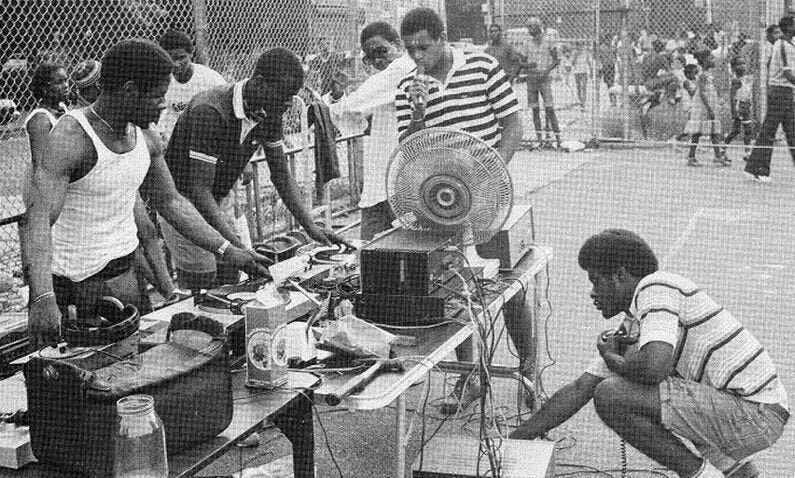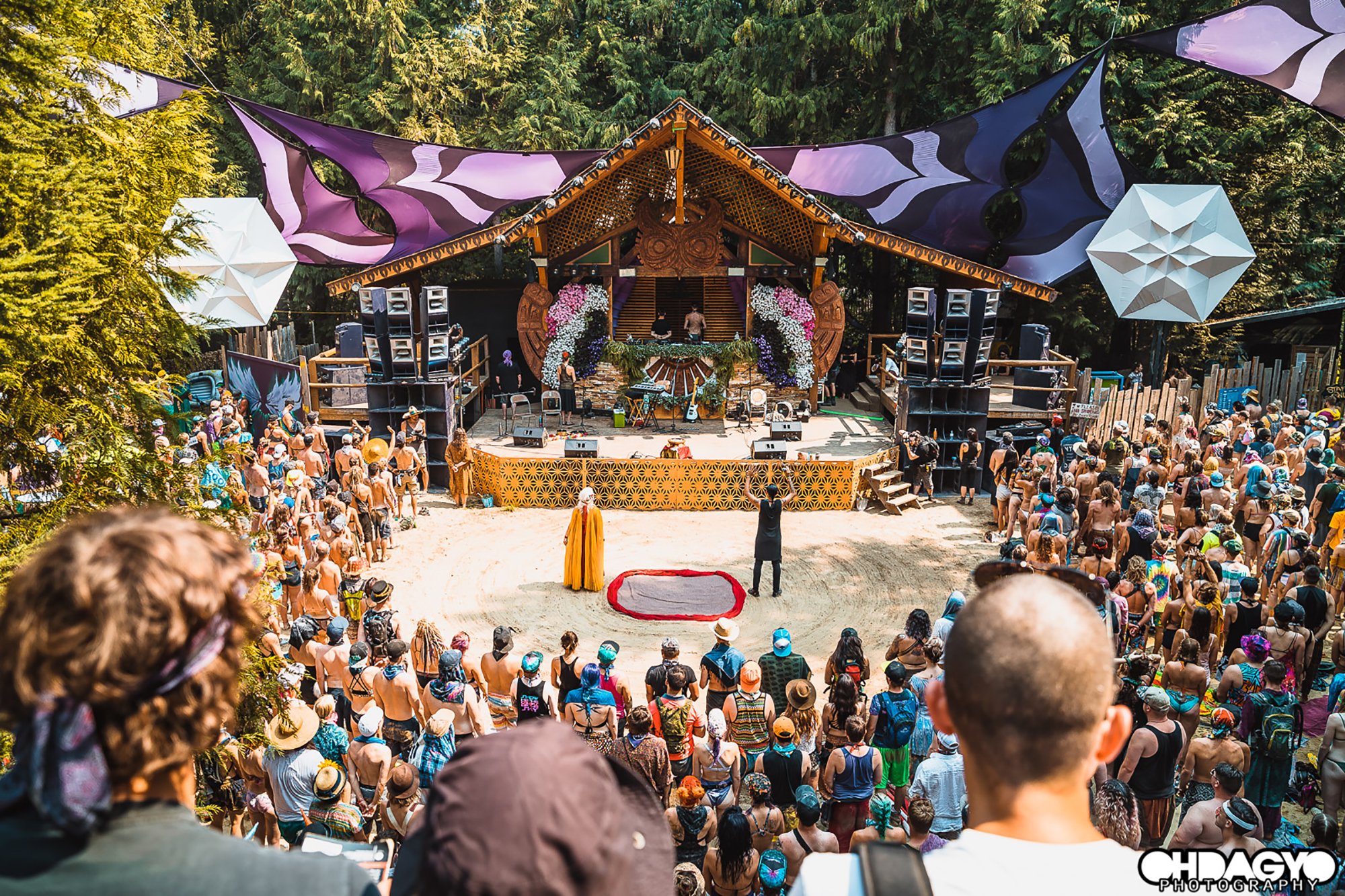The History of Sound System Culture
The history of sound systems and sound system culture is a fascinating journey that spans over several decades, intertwining with the social, cultural, and musical evolution of communities, particularly within the Caribbean and its diaspora. This unique culture has not only shaped the music industry but has also played a pivotal role in the development of several musical genres, including reggae, dub, hip-hop, and dancehall. At its core, the sound system culture embodies the spirit of innovation, community, and resistance.
Origins in Jamaica: The 1950s
The sound system culture originated in Jamaica in the late 1940s and early 1950s. It was a time when the island was pulsating with new musical rhythms, blending influences from rhythm and blues, jazz, and local mento music. In this era, access to live music was limited, especially for the working-class communities. Entrepreneurs like Tom the Great Sebastian, Duke Reid, and Coxsone Dodd saw an opportunity to fill this void. They assembled large, mobile sound systems — essentially, turntables, amplifiers, and speakers mounted on trucks — to take music directly to the people.
These sound systems would set up in open spaces, such as streets or vacant lots, and throw parties that came to be known as "dances" or "sessions." These events were not just about music; they were social gatherings that provided a sense of community and escape from the hardships of daily life. The DJs, or selectors, played a crucial role, not only spinning records but also talking over the tracks, a style that would evolve into "toasting" and eventually influence the development of rapping in hip-hop culture.
The Rise of Dub and Sound Clashes: The 1960s and 1970s
As the 1960s progressed, sound systems became the primary means through which new music was introduced to the Jamaican public. This period saw the birth of ska and rocksteady, genres that would lay the foundation for reggae. Sound systems began to compete with each other for audience attention, leading to the birth of the "sound clash," where two or more sound systems would go head-to-head, each trying to outdo the other with exclusive records, better sound quality, and more charismatic MCs.
Innovation in music production led to the emergence of "dub" in the 1970s. Producers like King Tubby and Lee "Scratch" Perry began experimenting with instrumental remixes of existing tracks, emphasizing the rhythm section, adding effects, and stripping away some of the vocals. These dub versions became immensely popular in sound system dances, offering a more immersive and hypnotic listening experience.
International Expansion: The 1980s and Beyond
The sound system culture began to spread beyond Jamaica in the 1970s and 1980s, following the Jamaican diaspora to the UK, the United States, and beyond. In the UK, sound systems played a significant role in the lives of Caribbean immigrants, providing a link to their cultural heritage and an outlet for expression amidst a backdrop of racial and economic challenges. UK sound systems like Saxon Studio International and Jah Shaka were instrumental in the development of the British reggae scene, influencing genres such as jungle, drum and bass, and grime.
Reggae British Band “Steel Pulse”
The influence of sound system culture on hip-hop cannot be overstated. In the late 1970s, DJs in New York City, inspired by Jamaican immigrants and their sound systems, began hosting block parties that mirrored the communal aspect of Jamaican dances. DJ Kool Herc, a Jamaican immigrant, is credited with pioneering this movement, using two turntables to extend breaks in the music and talking over the beats, laying the groundwork for hip-hop culture.
Sound System Culture Today
Today, sound system culture remains vibrant and influential, both in Jamaica and around the world. In Jamaica, annual events like the Reggae Sumfest and sound clash competitions continue to draw large crowds, showcasing the enduring appeal of sound systems. Internationally, sound system events are a staple of music festivals, and the culture has been embraced by a new generation of artists and fans alike.
The legacy of sound system culture is its contribution to the global music landscape. It has fostered innovation in music production and performance, championed the DIY ethic, and created a sense of community among its participants. Sound systems have democratized music, breaking down barriers between artists and audiences, and allowing for the free exchange of ideas and influences.
As we look to the future, sound system culture continues to evolve, adapting to new technologies and changing musical tastes while staying true to its roots of community, resistance, and innovation. It stands as a testament to the power of music to bring people together, to give voice to the voiceless, and to create spaces for freedom and expression.







